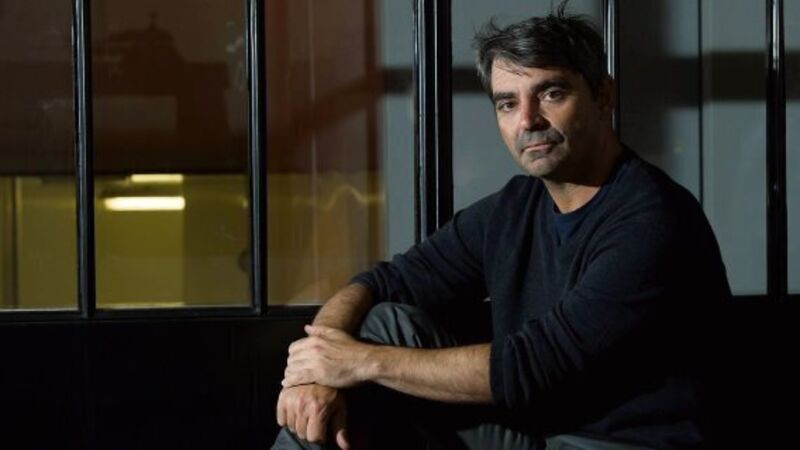Cork born Joseph O'Neill is writing off his own bat

THERE’S a resonant detail on the morning Joseph O’Neill picks up the phone to have a chat. He says he’s a little slow off the mark because he was up late the evening before, watching Ireland collect another scalp at the Cricket World Cup.
For O’Neill cricket is a long-standing passion, and tied pretty closely to his writing, which will come as no surprise to readers of his break-out novel, Netherland. His links to Cork are equally deep, given the evidence of Blood-Dark Track, the non-fiction book he published before Netherland about his two grandfathers – one from Cork, James O’Neill, and one who lived in Turkey, Joseph Dakad.











